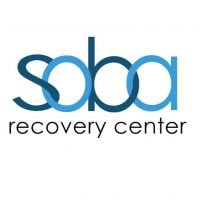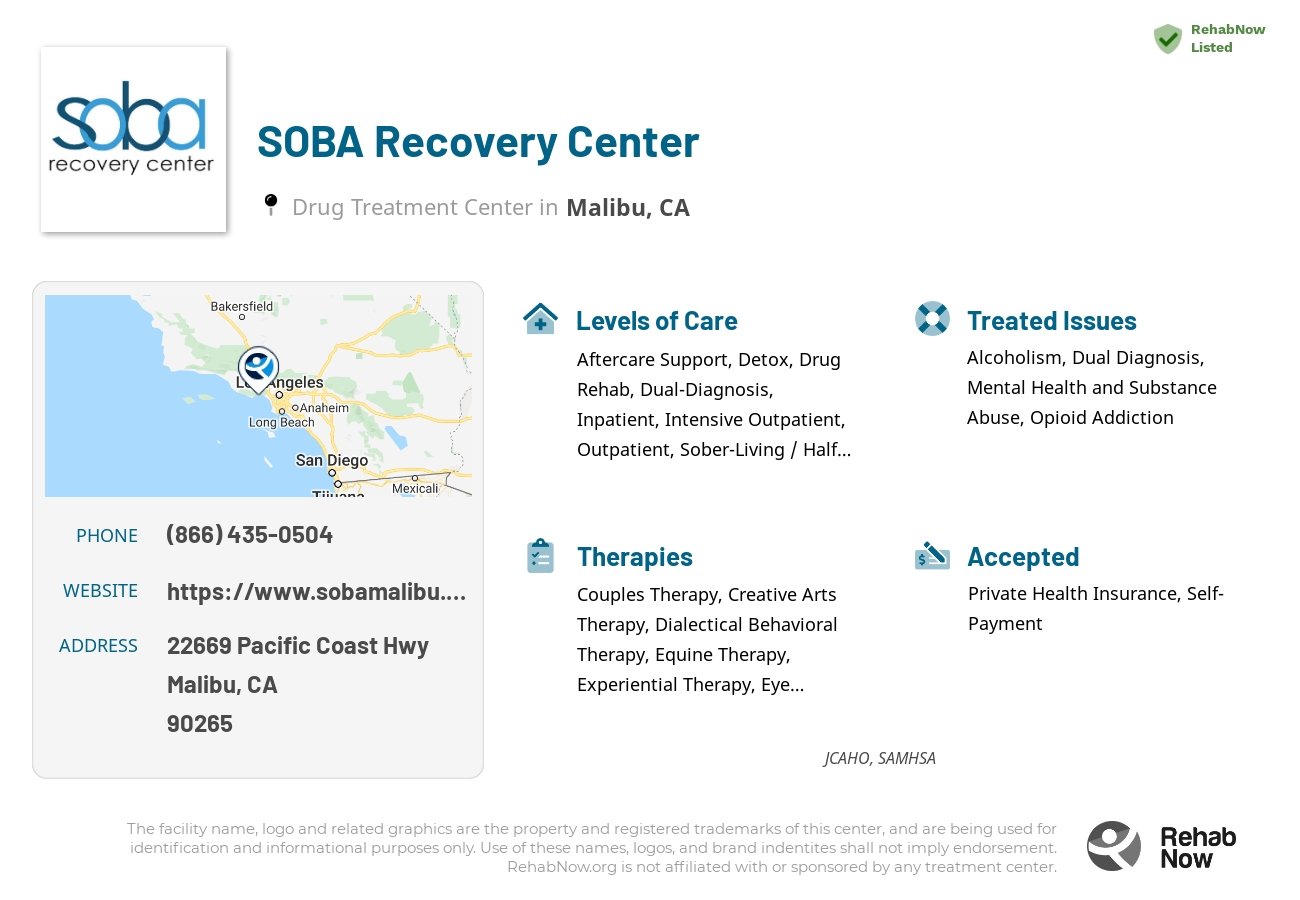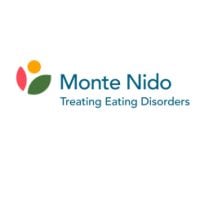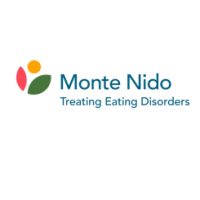SOBA Recovery Center
Drug Rehab Center in Malibu, California
SOBA Recovery Center in Malibu provides residential and outpatient addiction treatment programs that incorporate therapy, counseling, 12-step support, and nutritional counseling, along with individualized treatment plans and a range of therapeutic approaches to identify and overcome underlying issues and triggers, as well as having earned accreditation from The Joint Commission and various awards for quality care and community support.
About This California Facility
SOBA Recovery Center in Malibu, California is an addiction treatment center that specializes in helping individuals with substance abuse and mental health issues. They offer residential and outpatient programs that provide therapy, counseling, 12-step support, and nutritional counseling to help those struggling with addiction. With a team of highly skilled and trained professionals, their goal is to provide the best care possible to help individuals on their journey to a healthy, sober life.
At SOBA Recovery Center, they provide individualized treatment plans that are designed to help create a path to long-term sobriety. Their experienced counselors help individuals identify and overcome the underlying issues associated with addiction and substance abuse. Furthermore, they offer various therapeutic approaches such as cognitive-behavioral therapy, family therapy, trauma-informed therapy, and experiential therapy. These therapy options help the individual recognize and manage the triggers that enabled their substance abuse.
SOBA Recovery Center has earned an accreditation from The Joint Commission, which is the gold standard for behavioral health care. In addition, they are also a member of the National Association of Addiction Treatment Providers, and hold a license from the California Department of Health Care Services. Furthermore, SOBA Recovery Center has also won awards for providing quality care as well as for their support in the local community.
Genders
Ages
Modality
Additional
Accreditations
SAMHSA

JCAHO
Conditions and Issues Treated
Opioid addiction is one of the most common forms of addiction California. Opioids include drugs like heroin, oxycontin and fentanyl. They are prescribed to treat pain, but they are often abused and they are addictive. The addiction is treated by detoxing the body, so it no longer needs the chemicals in the drugs. This is followed up by therapies to correct behavior and target the root of the problem.
Some of the most common co-occurring disorders are schizophrenia, depression, and bipolar disorder. Most rehab facilities in Malibu, CA like SOBA Recovery Center provide patients with a dual diagnosis. Dual diagnosis gives rehab the means to treat addiction while restoring mental and emotional health.
Levels of Care Offered at SOBA Recovery Center
This center offers a variety of custom treatment tailored to individual recovery. Currently available are Aftercare Support, Detox, Drug Rehab, Dual-Diagnosis, Inpatient, Intensive Outpatient, Outpatient, Residential, Sober-Living / Half-Way, with additional therapies available as listed below.
Detox is the first step of rehab. It involves giving a person time to get the toxins out of their body. During detox, the patient gets ill and they will often start using again to get rid of these unpleasant feelings. That’s why it’s so important to have a Malibu medical professional at SOBA Recovery Center present. A California medical professional will make sure patients don’t start using during detox. They will also provide medication to ease their symptoms and coach them through on a mental level.
Inpatient rehabilitation aims to treat severe addictions and co-occurring disorders. Depending on individual requirements, the duration of the stay at SOBA Recovery Center ranges from four weeks to six months. California inpatient recovery guarantees that the patient resides in an environment free of drugs.
Daily trips to the hospital that provides the treatment include intensive outpatient services (IOP). IOP in California is appropriate for patients in residential recovery facilities that have been diagnosed with addiction. Patients return to their everyday lives gradually, increasing the likeliness of success in treatment.
An Outpatient Rehab Program is a part-time drug rehab program for treating individuals in Malibu, CA with mild addiction or mild-to-moderate drug withdrawal symptoms. It generally requires about 10 to 12 hours every week.
Doctors can administer on-the-spot medication to ease withdrawal symptoms such as anxiety, increased heart rate, and even depression. Groups such as Alcoholics Anonymous (AA) and Narcotics Anonymous (NA) can be used as a part of outpatient treatment to help maintain sobriety.
A sober living home aims to reinforce sobriety and learnings from inpatient and outpatient programs. It’s a supervised environment in Malibu, CA managed by SOBA Recovery Center, which is guaranteed safe and free from addictive substances. There are strict rules regarding curfew and responsibilities, such as shared chores.
Residential treatment programs are those that offer housing and meals in addition to substance abuse treatment. Rehab facilities that offer residential treatment allow patients to focus solely on recovery, in an environment totally separate from their lives. Some rehab centers specialize in short-term residential treatment (a few days to a week or two), while others solely provide treatment on a long-term basis (several weeks to months). Some offer both, and tailor treatment to the patient’s individual requirements.
Aftercare Support at SOBA Recovery Center, in short, is the support provided to a patient after they have finished treatment. It allows them to adjust to everyday life. It may entail setting them up and enrolling them in services such as Narcotics Anonymous (NA) and Alcoholics Anonymous (AA) inside a halfway house. Career coaching may also be offered to patients to help them get back into the workforce.
Therapies & Programs
Individual therapy refers to one-on-one psychotherapy between a patient and their SOBA Recovery Center therapist. Individual therapy seeks to help identify the issues that drive and contribute to a client’s addiction or alcoholism. Another goal of individual counseling is to assist the client to learn how to manage their lives without alcohol or drugs.
Therapy for couples decreases unhealthy behavior in a relationship that can trigger addiction. Either, or both, members of the couple will be improved by this. This treatment administered by SOBA Recovery Center still targets addiction and can also make a relationship healthier through a variety of methods.
Group therapy occurs in a group setting as opposed to a one on one setting. It benefits patients by providing a feeling of support and letting them know they are not alone. Patients at SOBA Recovery Center also learn to build trust and understanding and gain perspective through discussions.
After experiencing trauma, it’s crucial to look for a facility that can provide trauma therapy. This approach zeroes in on the traumatic incidents that a patient has encountered in the past, recent or not. It’s been widely known that trauma can make an individual resort to alcohol or other substances to mask their troubles and pain. Trauma can originate from domestic violence, sexual abuse, an early encounter with death, sexual assault, and many more. The goal of trauma therapy at SOBA Recovery Center in Malibu, CA is to help the patient see beyond the trauma and move forward. Mental health professionals will facilitate the patient’s journey and see to it that he or she is no longer a victim of his or her traumatic experiences and has wholly regained his or her personal power.
DBT, also known as dialectical behavior therapy, is a form of cognitive behavioral therapy (CBT) that helps people understand how their thoughts, behaviors, and feelings all connect. This can give them more control over their actions, effectively stopping self-harm ideations and attempts in some patients. It can also help put people in control over some mental struggles, like borderline personality disorder.
Most individuals suffering from addiction have low self-awareness, so they end up making poor decisions. Cognitive Behavioral Therapy (CBT) is suitable for patients recovering from an addiction of any kind. Through it, patients become more aligned with their thoughts, emotions, and behaviors, giving them a better opportunity to respond appropriately to temptations and negative feelings.
This therapy modality at SOBA Recovery Center in Malibu, CA strengthens a person’s ability to stay on top of their emotional state and learn new stress management techniques so they won’t give in to the temptations easily. Moreover, CBT helps people communicate and express their emotions well, which can be vital in relapse management. CBT is also suitable for managing co-occurring disorders like depression and bipolar illness.
Eye Movement Desensitization and Reprocessing (EMDR) is designed to help patients process trauma. During the therapy, patients follow a bar of light or watch their therapist’s finger move back and forth. This mimics the eye movements of REM sleep. These are the same movements that allow the brain to reprocess memories. When traumatic memories are reprocessed, it reduces the impact they have on emotions. This treatment, offered by SOBA Recovery Center, can be helpful to patients who turn to drugs to escape painful memories.
When it comes to maintaining sobriety, people who quit recovery without developing life skills are disadvantaged. While teaching life skills at SOBA Recovery Center is difficult, support with aftercare helps patients learn these skills over time. Life skills include getting a career, living in a good environment, self-care, and finance management, all in Malibu, CA.
Nutrition Therapy, or Medical Nutrition Therapy (MNT), focuses on improving a patient’s mental and physical health through diet. A diet that is low in certain nutrients can lead to emotions that can trigger addiction or relapse. SOBA Recovery Center‘s Nutritional therapy promotes healthy eating to heal the body and prevent addictive behavior.
Patient Experience
Creative Arts
Creative arts therapy helps people in recovery at SOBA Recovery Center explore feelings and emotions in a safe environment. Journaling, music, and visual arts, among many others, can help people express themselves in new ways. The goal of creative arts therapy is not an end-product; rather, the process of creating art itself is therapeutic.
Experiential Therapy at SOBA Recovery Center
Experiential therapy is a non-traditional treatment that uses physical activities to help work through troubling emotions. Role-playing, use of props, and re-enactments are just a few common techniques in experiential therapy at SOBA Recovery Center. Its goal is to help people work with troubling emotions, memories, and trauma that are the source of their psychological issues
Equine Therapy at SOBA Recovery Center
Equine therapy or Equine Assisted Therapy involves the use of horses as a part of the treatment plan. In equine therapy at SOBA Recovery Center, the patient interacts with a horse regularly. Equine therapy helps the patient to develop trust, improve self-confidence and discard negative emotions.
Payment Options Accepted
For specific insurance or payment methods please contact us.
Is your insurance accepted?
Ask an expert, call (888) 674-0062
Additional Details
Specifics, location, and helpful extra information.
Malibu, California 90265 Phone Number(866) 435-0504 Meta DetailsUpdated November 25, 2023
Staff Verified
Patient Reviews
There are no reviews yet. Be the first one to write one.
Malibu, California Addiction Information
More than 3 million of California's citizens are addicted to illegal drugs. Almost 800,000 people use hard drugs, almost 5 million use marijuana, and another 2.1 million abuse alcohol every year. Other substance abuse issues such as binge drinking and teen drug use are also common. Many illegal drugs such as cocaine, heroin, methamphetamine, and marijuana are smuggled into the state from Mexico.
8.4% of Malibu residents reported using illicit drugs in the past. The number of overdose deaths in Malibu has quadrupled since 1999. Malibu's proximity to Los Angeles makes it a hub for illegal drug activity. 58% of residents who abuse drugs started using them before they turned 18. About 12% of Malibu residents have alcohol use disorder. Several rehab centers are located in Malibu to help individuals struggling with addiction.
Treatment in Nearby Cities
- San Mateo, CA (318.5 mi.)
- Carlsbad, CA (97.4 mi.)
- Palmdale, CA (48.9 mi.)
- Downey, CA (31.5 mi.)
- Sanger, CA (191.2 mi.)
Centers near SOBA Recovery Center
The facility name, logo and brand are the property and registered trademarks of SOBA Recovery Center, and are being used for identification and informational purposes only. Use of these names, logos and brands shall not imply endorsement. RehabNow.org is not affiliated with or sponsored by SOBA Recovery Center.














